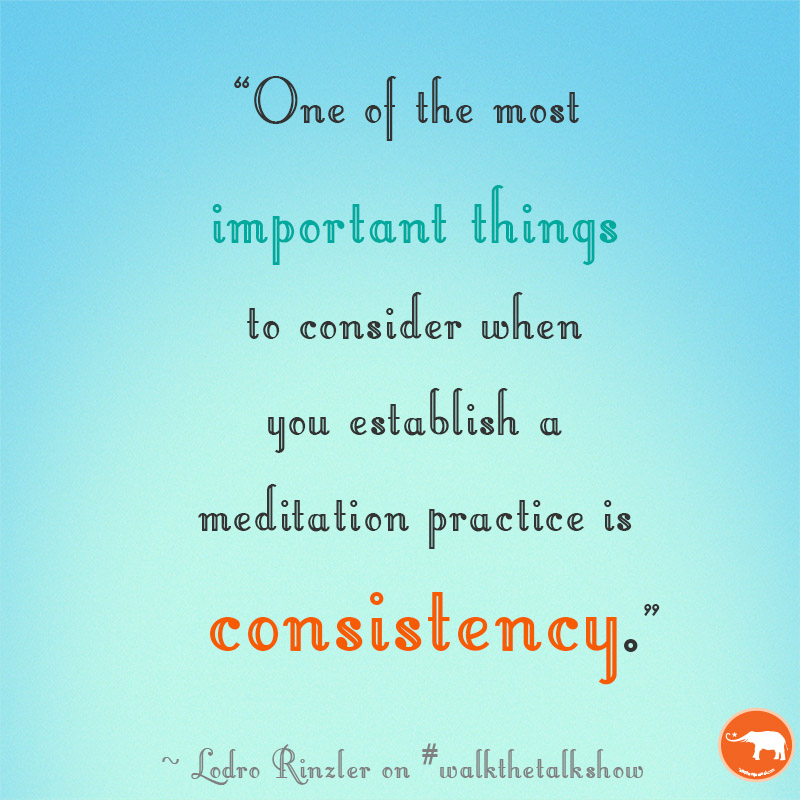People are being drawn into meditation now more than ever.
Whether done with a teacher or alone, we are always bewildered—we wonder if our meditation is fruitful and question if we’re doing it the right way.
Here are seven tips to start with before practicing your meditation.
1. Understand what meditation is.
Before sitting in Samadhi, we must understand it.
Meditating without understanding the purpose is like taking a course at a university without knowing what the talks are about.
Don’t listen to how other people are defining meditation. Experience it yourself.
The best cultivation we can get concerning this subject is from someone with a Buddhist background—the real purpose of meditation is understood by them. You can read books written by spiritual teachers or sit with a Buddhist monk/nun if you know any or crossed paths with them.
2. Don’t force yourself to meditate.
Meditation shouldn’t be turned into a homework that we despise doing; on the contrary, it must be something that we enjoy practicing.
If you wake up one day not being able to sit in Samadhi, then simply don’t.
Meditating—or any other activity, for that matter—if not done with love and enthusiasm, will sabotage the results and make the activity unenjoyable and elusive.
3. Set your goal.
Once we understand what meditation is and we’re comfortable doing it without pressure, it’s time to set our goal. You should ask yourself the following questions:
– Why am I meditating?
– How will meditation benefit me?
– How will meditation benefit people around me?
– Am I doing it for myself or for others? Or maybe both?
Realizing our true aim for meditation is vital.
Besides helping to get a better understanding of meditation, it will also help increase the desire to meditate—especially if for someone who is easily de-motivated.
4. Don’t force your mind too much.
The mistake most people make while meditating is expecting the mind to instantly become silent.
The mind is never still, it is in constant noise.
We shouldn’t try to silence that voice that’s always running in our head. Our mind is not a person, therefore commanding it to shut-up is like expecting a radio to lower its own volume on its own.
The secret is very simple: watch the thoughts instead of asking them or waiting for them to leave. Imagine that thoughts are like a bunch of batteries that will soon die. We should be the listener, see what’s going through our mind and don’t force it too much, or else it will become more noisy.
Once alert, watch how thoughts come in and out—they will decrease.
With no time, we can realize that this voice in our heads is just an illusion. Once we know that it’s powerless, we will be able to peacefully sit in Samadhi.
5. Don’t change your breathing.
Our breathing during meditation should be very light. Not too weak, not too strong. Not too short—not too long. If we try to alter our breathing or take control over it, we have lost the essence of meditation.
All we have to do is pay attention to our breathing.
Forget the rest of the body and only focus on the breath. We have to feel the air coming in from the tip of the nose all the way to the abdomen and then vice versa.
Don’t force it, let it be natural.
6. Know that the result is beyond words.
Meditation is not an accomplishment which we will later receive an award for.
At the beginning, we tend to ask questions abundantly. We will feverishly wait for tangible results and perhaps quit meditation if we haven’t seen any with time.
Meditate as if there is no outcome or result waiting somewhere in space and time. We will feel the results once we start meditating correctly, our questions will dwindle.
7. Be patient.
Patience is key in everything we do in life. It plays a major role in meditation, for we are dealing with an enormous entity called the “mind”.
Meditation is not something that can be accomplished over night ; it will take us months and years before starting to understand how to quietly sit in Samadhi.
Do not lose hope or quit too soon. Be patient and know that everyone is capable of meditating.
Meditation is one of the best tools to step into the realm of consciousness. Meditation not only charges us with enormous cosmic energy but it also helps us to find what lies behind our bodies and existence.
It helps us develop awareness and step away from the continuous destructive dialogue that is always running in our heads.
Once we are freed from that internal voice, we will tap into being. Besides the mind-body benefits, meditation offers us the greatest gift of all: inner peace and calmness. Something we all crave.
~
~ Elyane Youssef
~
Relephant:
10 Awesome images of the Most Boring thing Ever: Meditation!
~
Love elephant and want to go steady?
Sign up for our (curated) daily and weekly newsletters!
Editor: Emma Ruffin
Photos: Elephant Archives
 Share on bsky
Share on bsky


Read 2 comments and reply